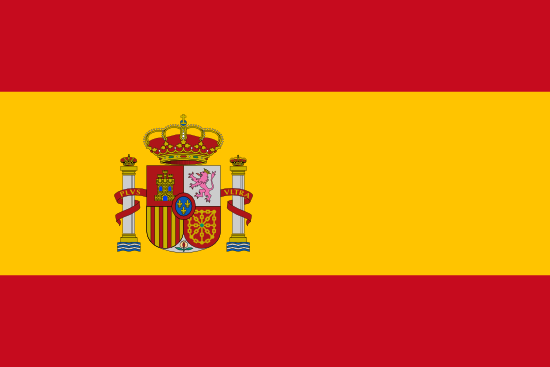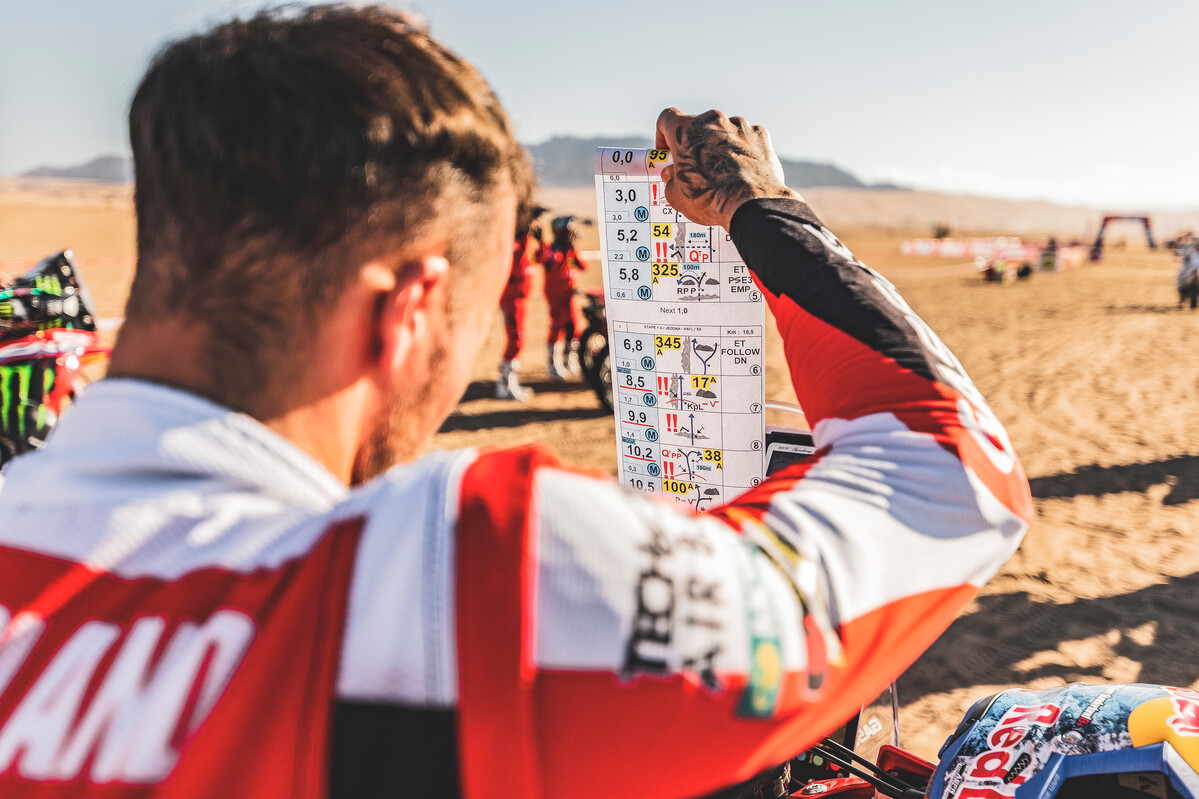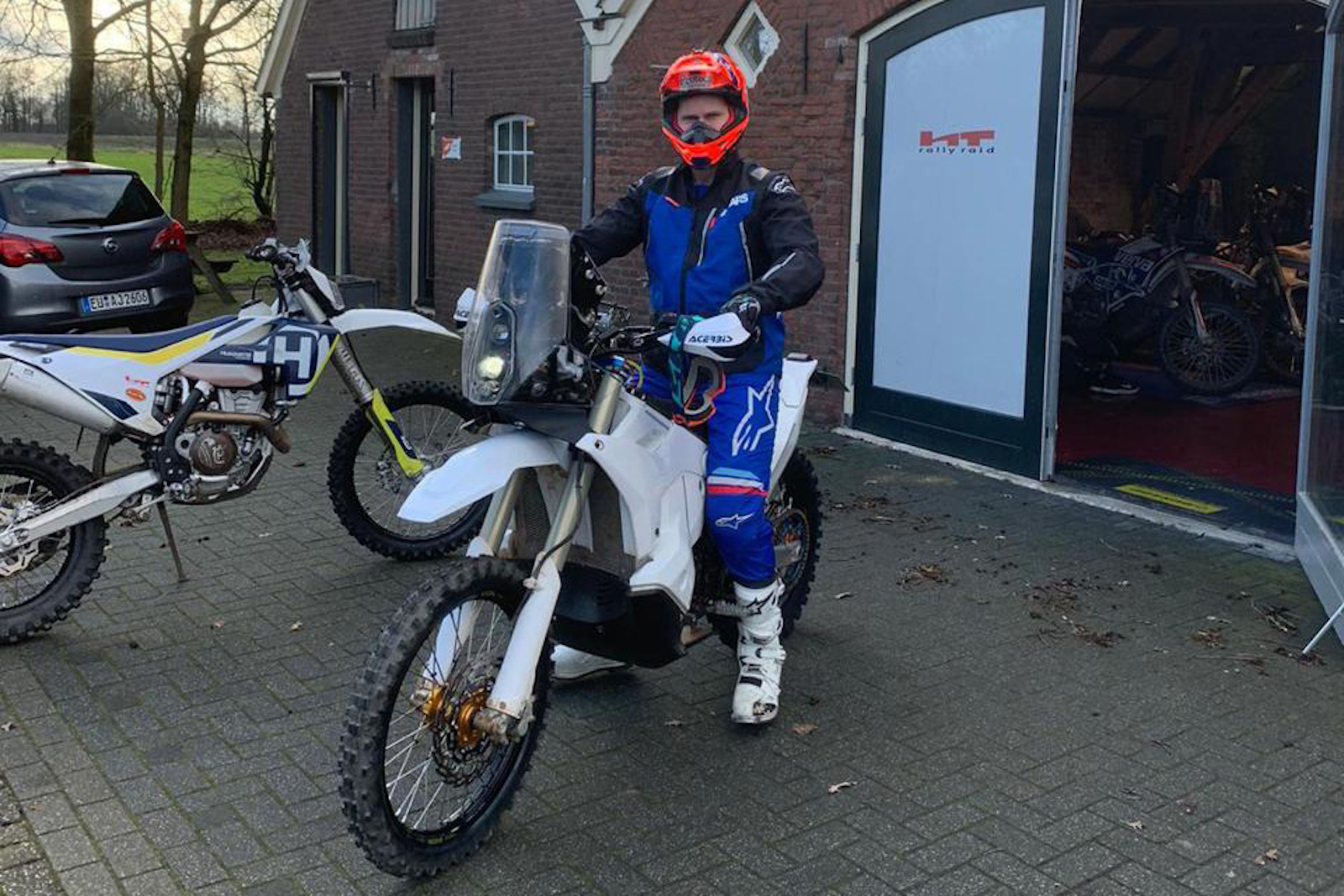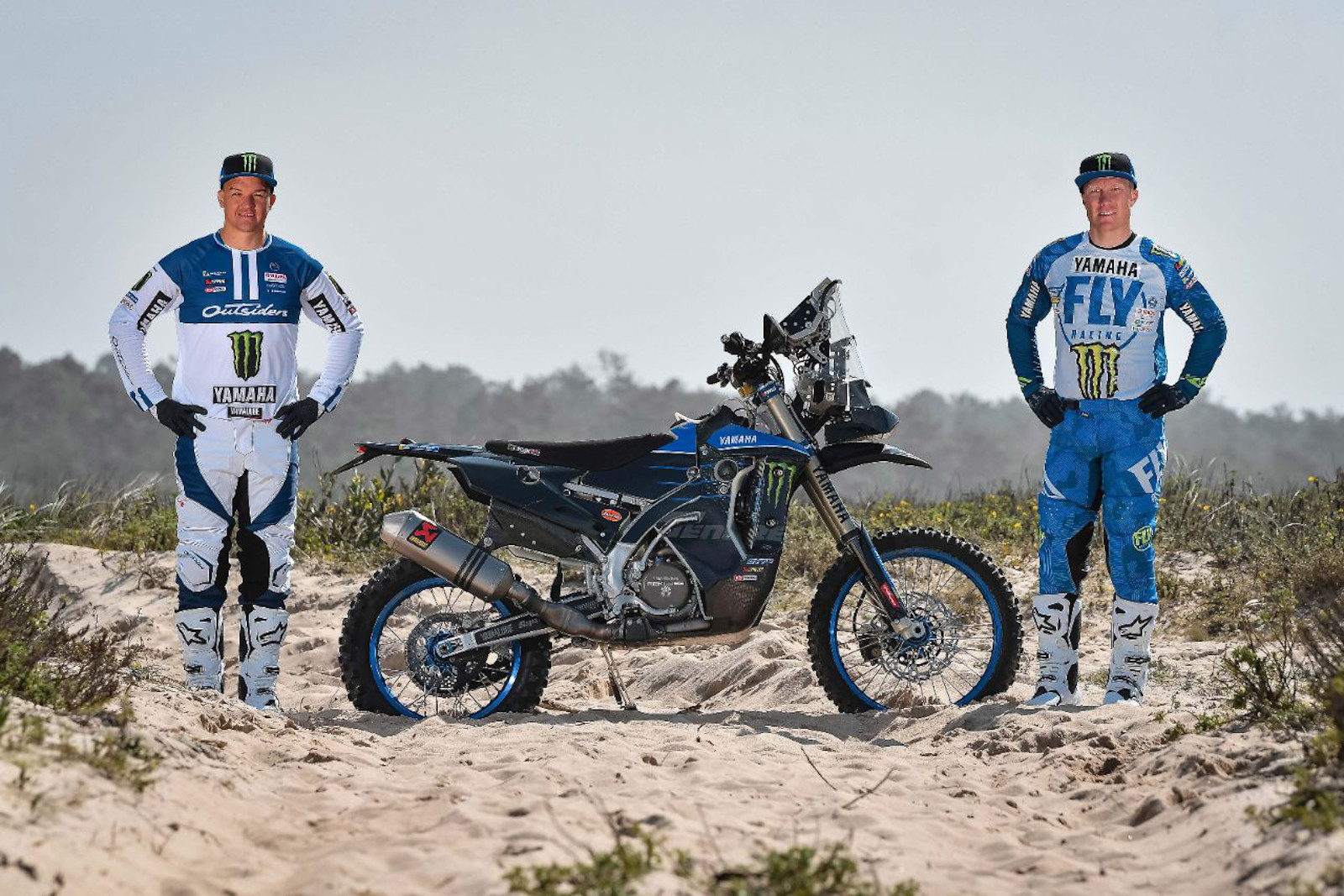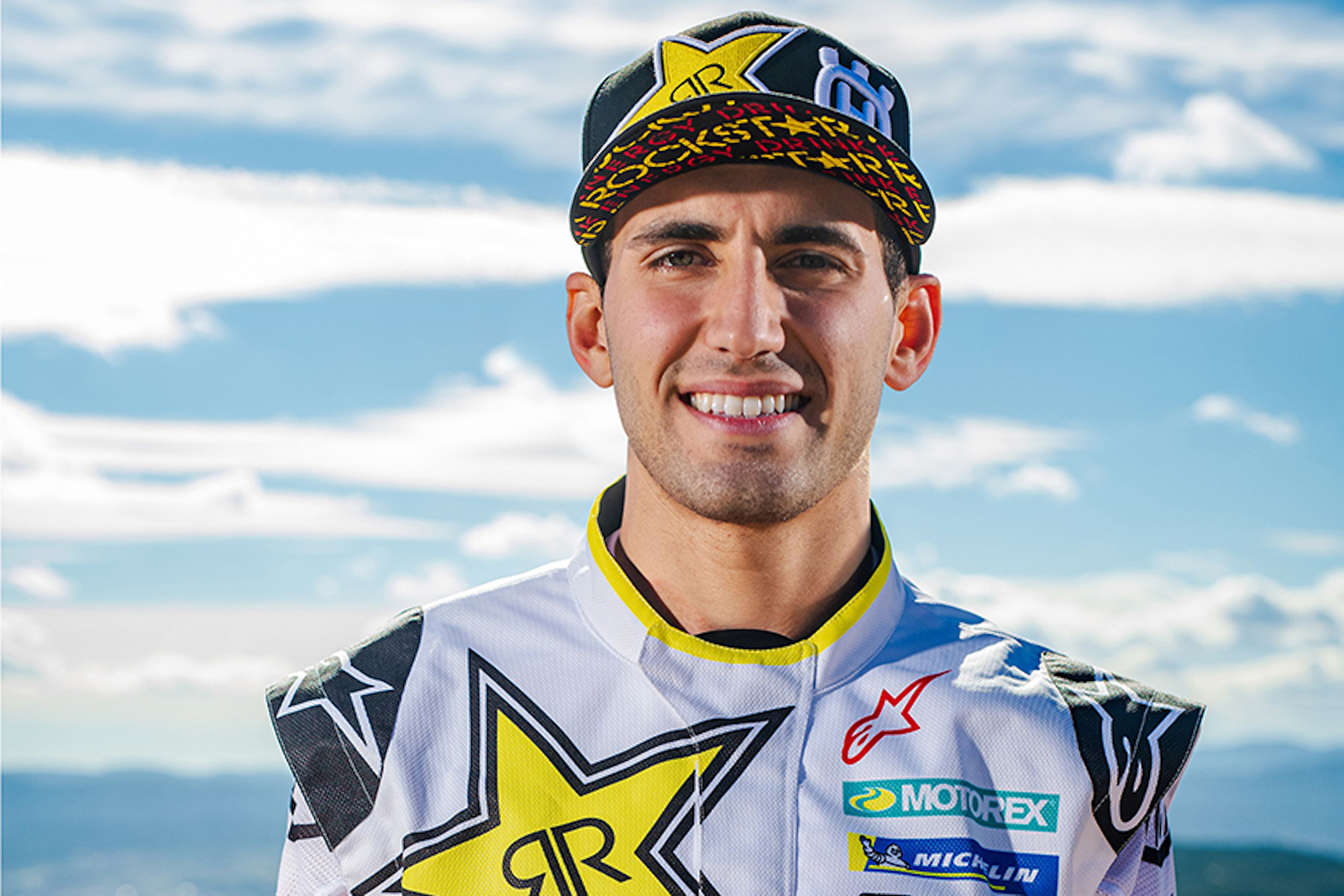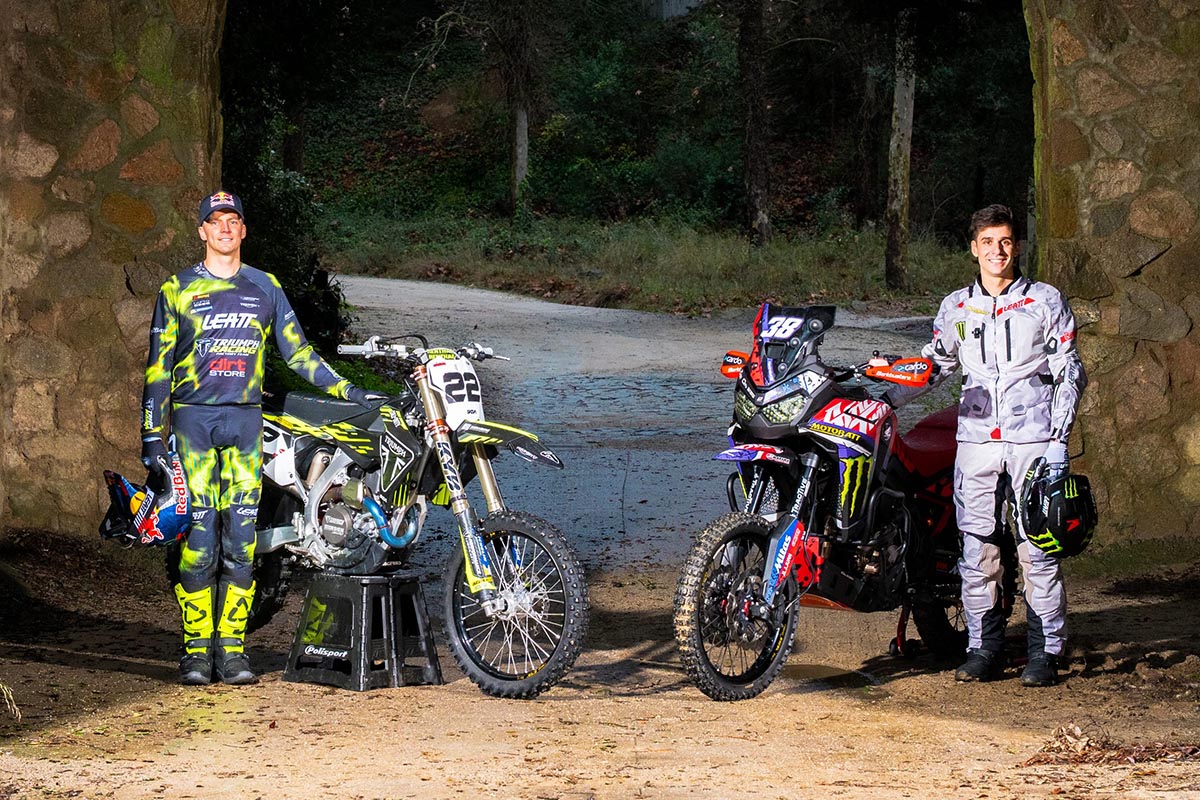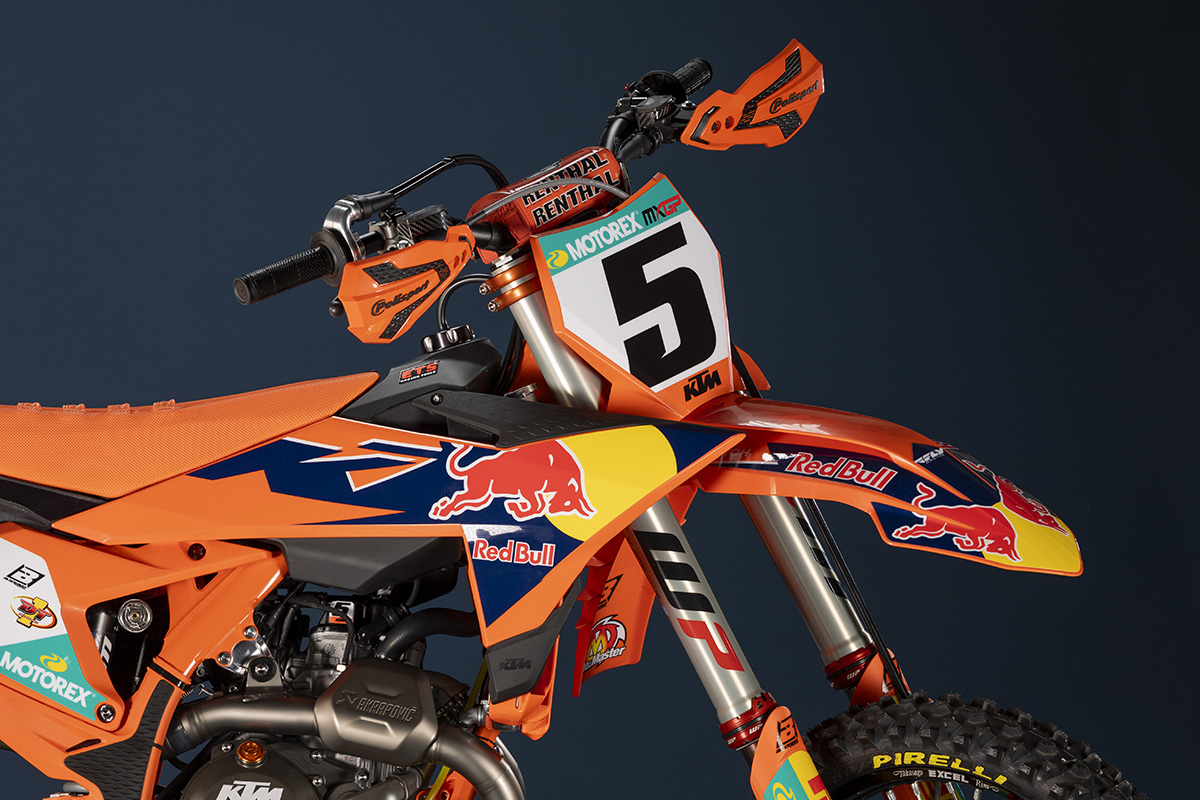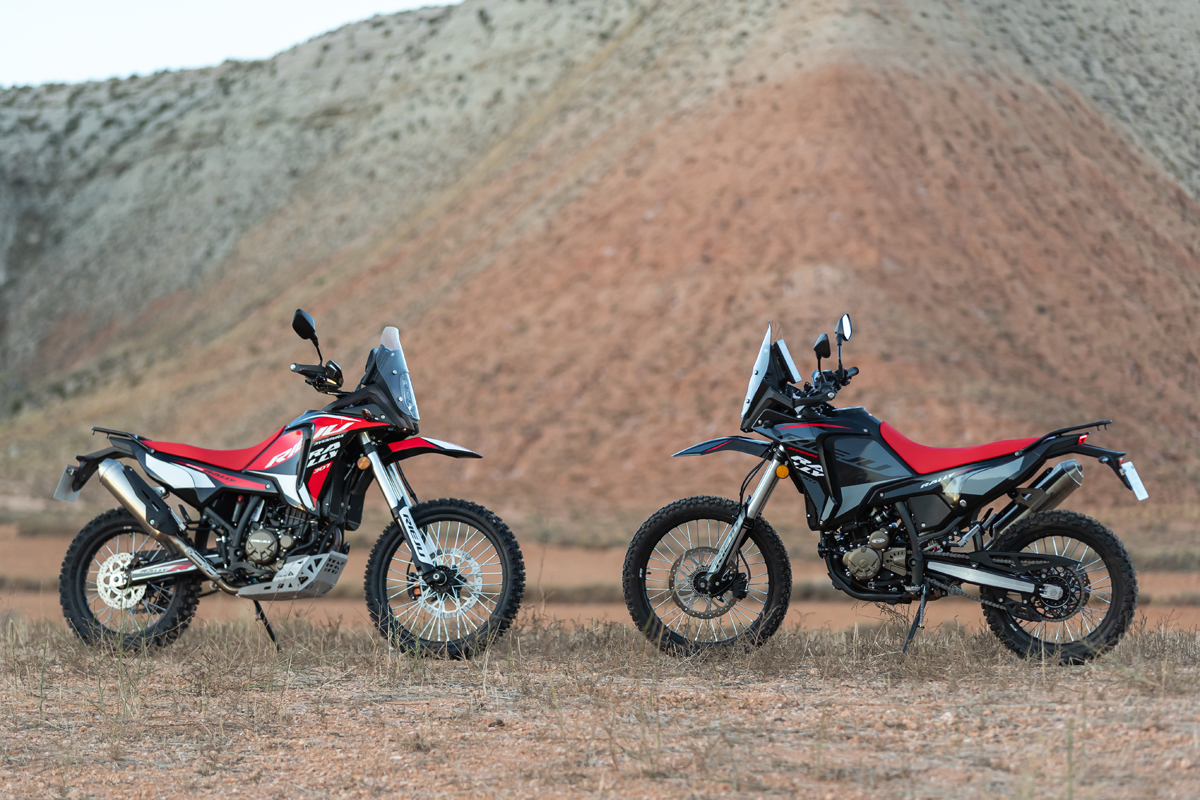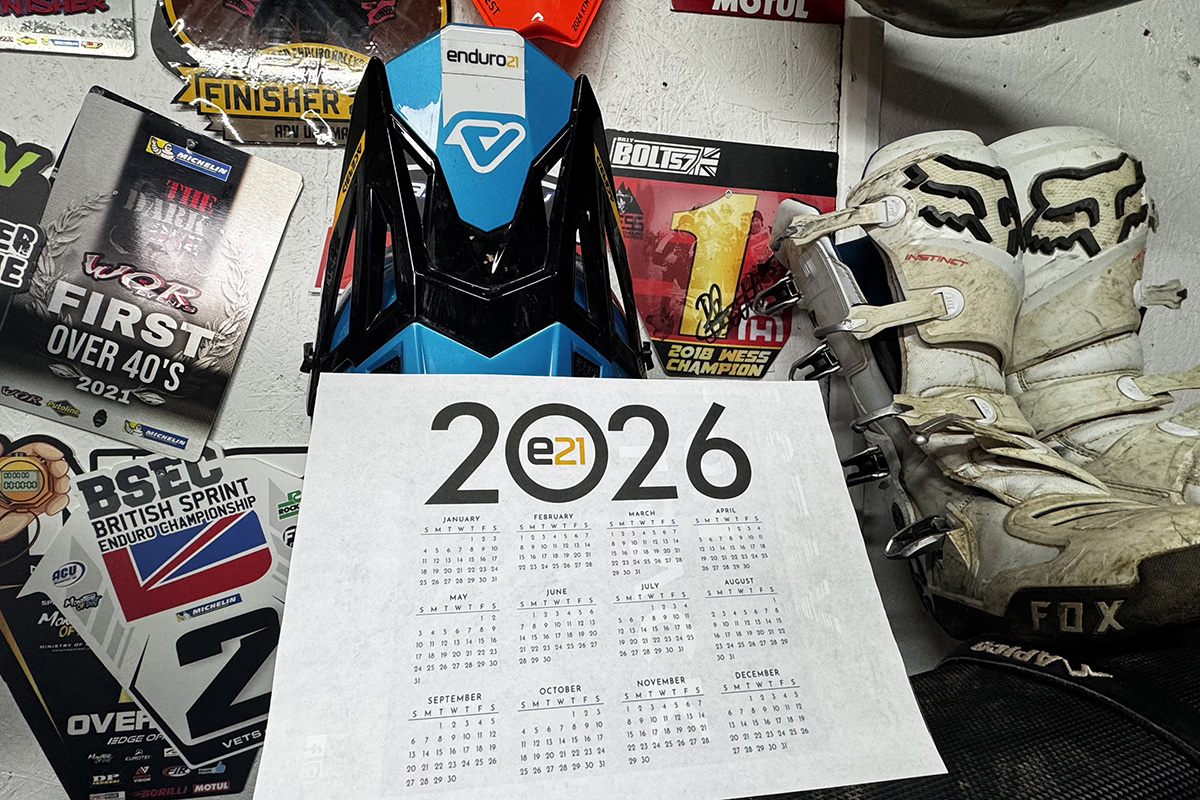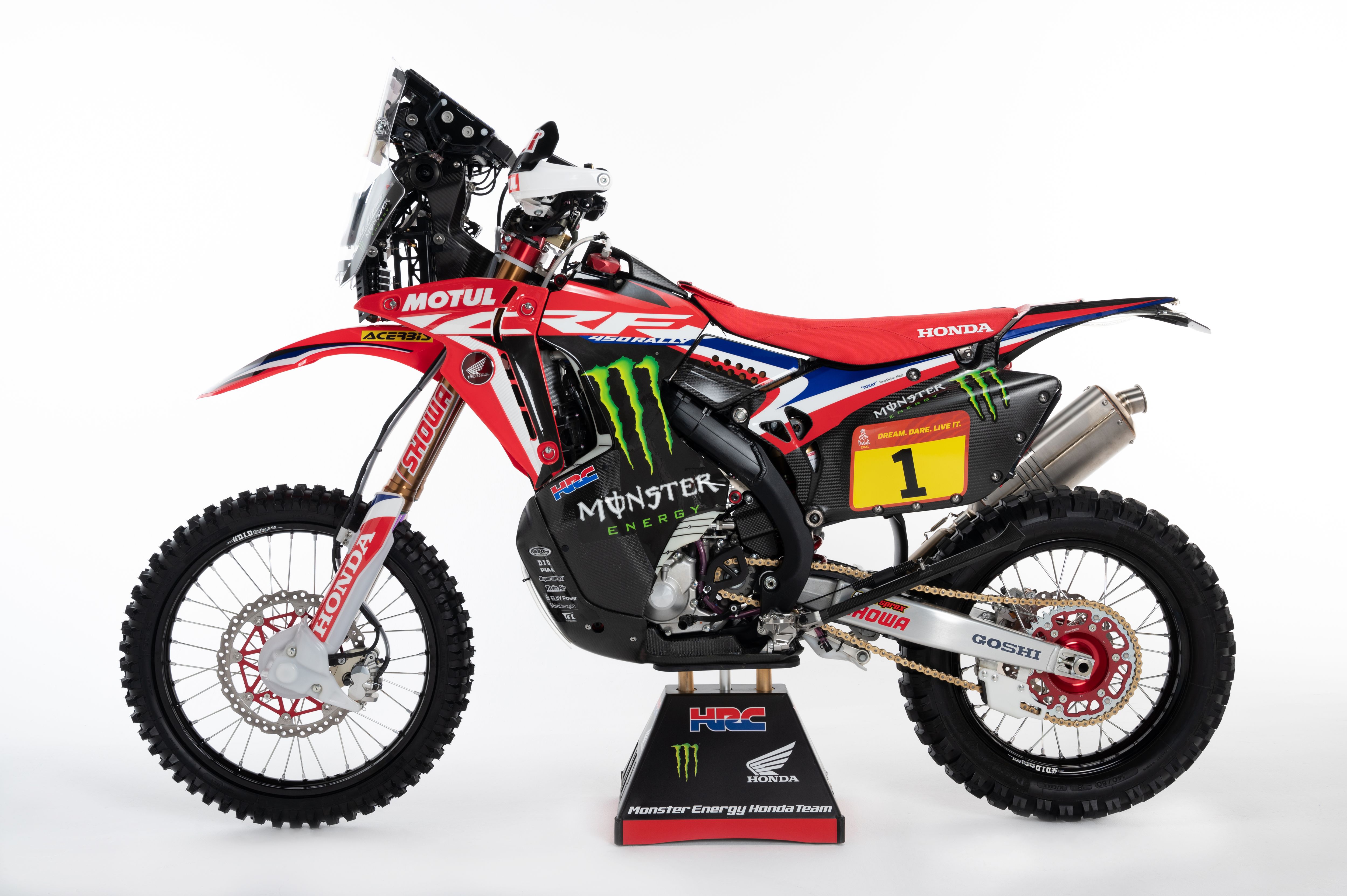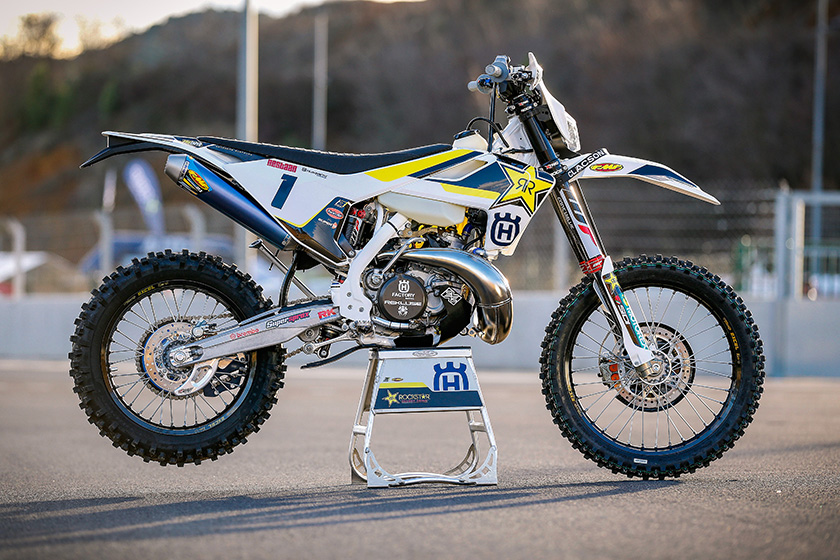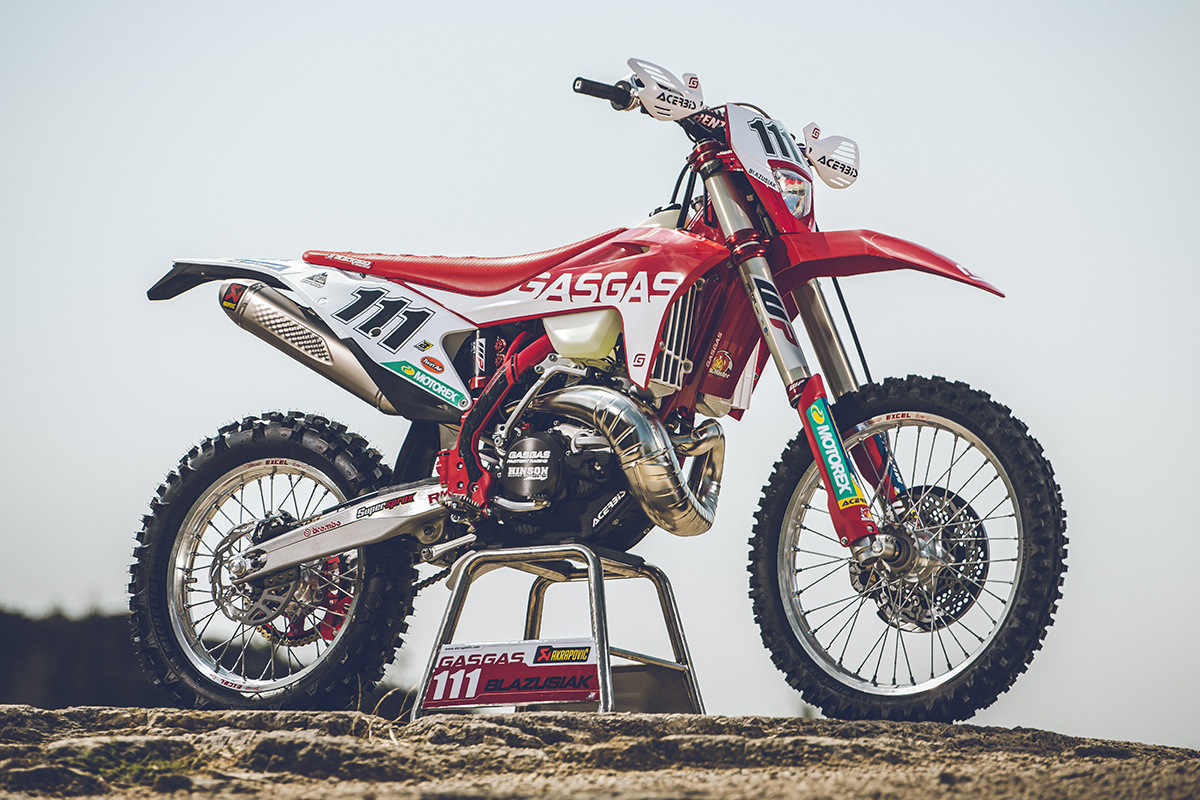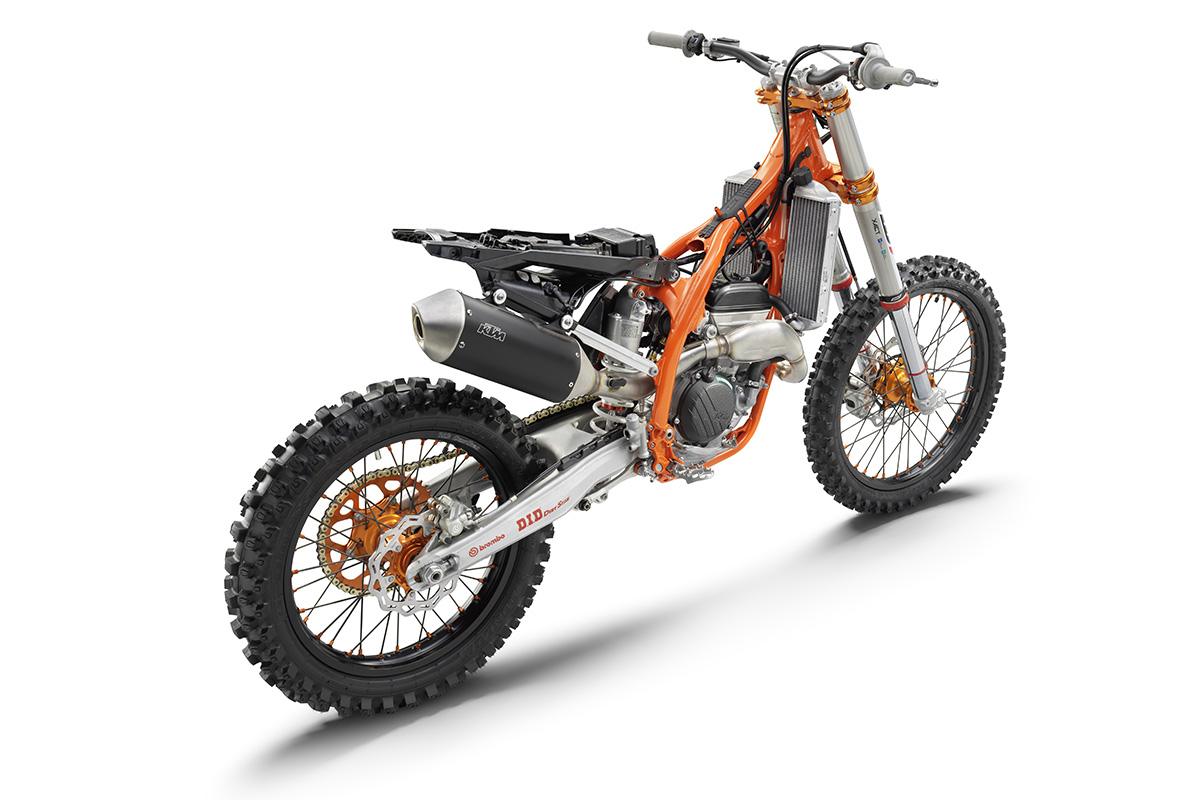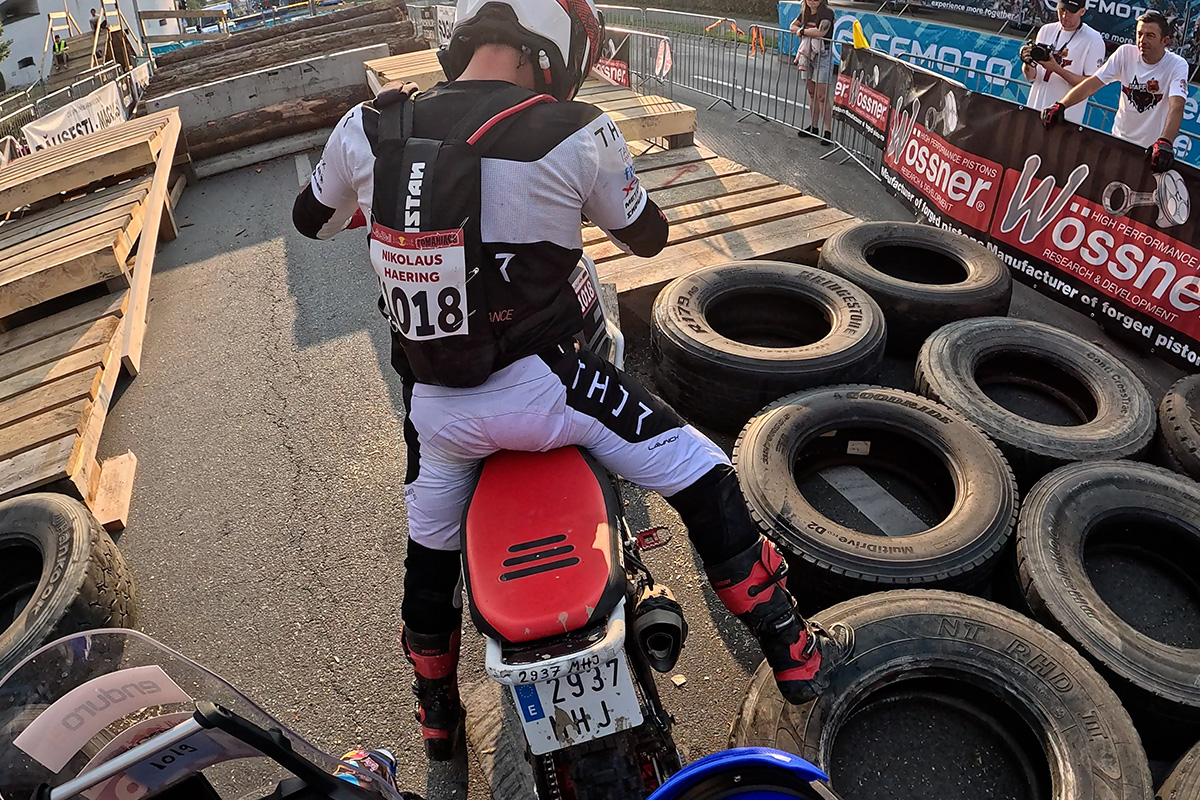Rally-Raid World Championship: Maximum speed limits and bonuses for stage leaders
The FIM, A.S.O., Rally-Raid World Championship teams and manufacturers meet to introduce new rules for maximum speed, minimum helmet safety standards and new time bonuses for riders who open the stages.
The annual meeting between the Rally-Raid Championship Committee and World Championship team managers during June had improvements in safety and sporting fairness in the FIM World Rally-Raid Championship and World Cup Regulations as he main subjects of discussion.
Those items centred around improvements to minimum helmet safety standards (detailed below) and an overdue new sporting measure to introduce an “automatic bonus” for the first five riders who open the track.
No more penalties for leading the stage
Riders who open the track on a daily basis in rally-raid events like the Dakar are traditionally at a disadvantage, losing out to those behind who can follow tracks laid down and navigate faster.
Famously it cases the games of cat and mouse between riders across the multi-day events and the see-sawing of stage results depending on starting order – often resulting in sandbagging on certain stages in order to begin with favourable start position the following day.
The introduction of an automatic time bonus for the first five riders on a stage will iron out that cat and mouse game and in theory level the playing field across the raced stages for a fairer result (and less complaints from riders who get their tactics wrong).
Navigation and roadbook updates
The testing of “mirror itineraries” has already taken place at events but the committee announces they will continue this method of dual navigation routes (to prevent riders from simply following each other) during the next FIM Rally-Raid World Championship rounds.
Ongoing development and implementation of slow zones in roadbooks will also continue they say as will new maximum speed limits which also came under the discussion. They announced a new maximum speed limit of 160kmh in RallyGP and Rally2 categories (to be regulated using the GPS systems).
More breathing room in refuelling zones
The refuelling zones at rally-raid events are officially safety zones, restricted “to ensure rider’s welfare” but riders will now be given a little more leeway when they reach these neutralisation zones during stages. Riders will be able to replace the roadbook cartridge(s), check airbags, plus take on water and food.
On the subject of airbag jackets and vests (used since 2020 with good results in reducing trauma) the committee has recommended the use of double cartridge system in 2023 for the RallyGP and Rally2 classes and that will move to become compulsory in 2024 (2025 for Rally3 and Quads).
Improvement in helmet standards are on the cards too with specifications for compulsory helmet standards for the FIM Rally-Raid World Championship and Cups as part of the second phase of the FIM Racing Homologation Programme (FRHPhe).
It is related to European changes for helmet standards which sees the “ECE 22.05” helmets removed and “ECE 22.06” added in addition to “SNELL 2015, SNELL 2020 R/D” & “JIS T8133:2015” which are the “minimum” standards eligible to compete for the FRHPhe-02 (incoming new FIM Helmet Homologation standard which will cover circuit racing helmets + off-road helmets). The new FIM Helmet Homologation standard “FRHPhe-02” will be implemented later.
The following persons were in attendance included FIM President Jorge Viegas, A.S.O. Rally-Raid Director David Castera, various FIM staff including technical and sporting managers plus representatives from manufacturers and teams including Wolfgang Fischer (Hero); Ruben Faria (HRC Honda); Jordi Viladoms and Norbert Stadlbauer (KTM); David Casteu and Laurent Legat (Sherco); Pascal Dubos (Baines Rally), Bart van der Velden (Bas Dakar KTM Racing Team).
Further discussion landed on 2023 Dakar Rally rider’s selection with a further commitment to allow only experienced riders to participate due to safety reasons. To create and to keep up to date an accident database to monitor serious accidents in detail and create valid data for the FIM World Rally-Raid Championship and World Cups.
Photo Credit: Rally Zone


